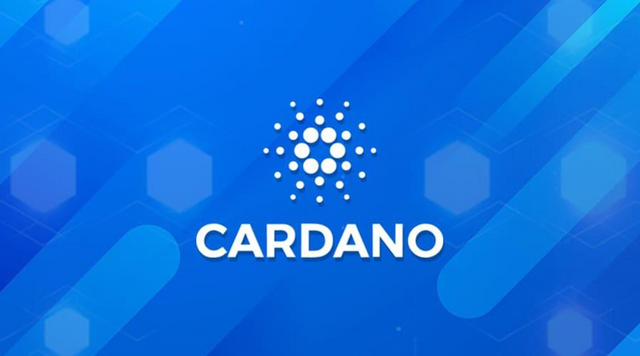A recent report takes a look at proof-of-stake chains: Cardano, Polkadot and Avalanche. The proof-of-stake consensus mechanism powers blockchains such as Cardano, Tezos, Polkadot and Avalanche and allows staking and the creation of validator nodes.
Currently, Cardano has over 1,182,080 staked wallets with a staking ratio of 72.63%, which reflects a high degree of decentralization. Polkadot, on the other hand, has over 33,646 staked wallets (called Nominators) with a staking ratio of 52.4%, which reflects a relatively low level of decentralization.
Avalanche has 22,890 individual staked wallets and a staking ratio of 64.9%, which is relatively higher compared to Polkadot's 52.4%. Compared to Polkadot, Avalanche has a high staking ratio despite having a small number of staked wallets.

With a total of 998 validators, Polkadot has a small number of validators when compared to Cardano, which has over 3,202 stake pools/validator nodes. Polkadot validator nodes can be run by anyone, but there is a limit of 297 validators per era/epoch that can participate in the 24-hour validation. Ads Blockchain trilemma stands uncracked Public blockchains have been around for a while, yet none of them has been able to crack the puzzle of the blockchain trilemma so far.
The blockchain trilemma refers to the problem in which a public blockchain will not be able to optimize for all three qualities: security, scalability and decentralization. Cardano's network is highly distributed and decentralized, which reduces its vulnerability to DDoS attacks. The comparatively small size of the Cardano full node and the low hardware requirements support its decentralization, which is reflected in the large number of stake pools and users running full nodes.
great
Downvoting a post can decrease pending rewards and make it less visible. Common reasons:
Submit